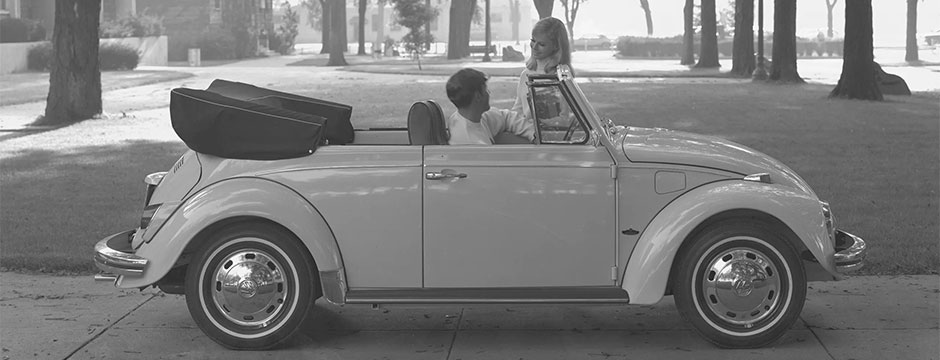
The name “Volkswagen” translates to “People’s car” in German, reflecting the company's origins and mission. If you’ve ever driven a Volkswagen or are considering one for your next vehicle, you’ll find the name fitting, given their accessible and user-friendly range of cars, from sporty sedans to stylish SUVs.
Volkswagen’s Origins
Volkswagen was founded in 1937 by the German government with the goal of mass-producing affordable cars for the German population, hence the name “people’s car.” A production facility was established in Lower Saxony to begin large-scale vehicle production. However, WWII interrupted these plans, and the factory was repurposed to produce vehicles and equipment for the German military.
WWII Complications
The original Volkswagen factory became a target for Allied bombers due to its role in producing military equipment, and it was ultimately destroyed. Nearly ten years later, under British supervision, the factory was rebuilt and resumed its intended production of Volkswagen vehicles. By 1946, the factory was supplying a significant number of cars to the German population, and control of the company was handed over to the West German government.
Volkswagen Expands Its Reach
Throughout the 1950s, Volkswagen expanded its vehicle lineup and entered new markets. The Transporter van, launched in 1950, and the Karmann Ghia coupe, introduced in 1955, were two of its flagship vehicles. In 1955, Volkswagen entered the U.S. auto market. Initially met with skepticism due to its German origins and the unique design of the Beetle, Volkswagen eventually won over American consumers with the help of an American advertising agency. The Beetle became the most popular imported car in the U.S.
Though Volkswagen no longer produces the Beetle, the brand continues to innovate and remains in high demand. Contact us today to learn more about Volkswagen and its current lineup of vehicles.